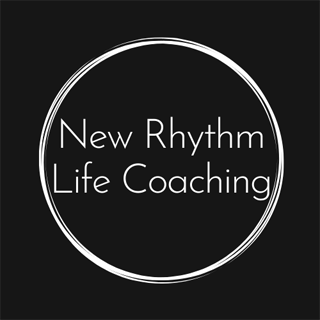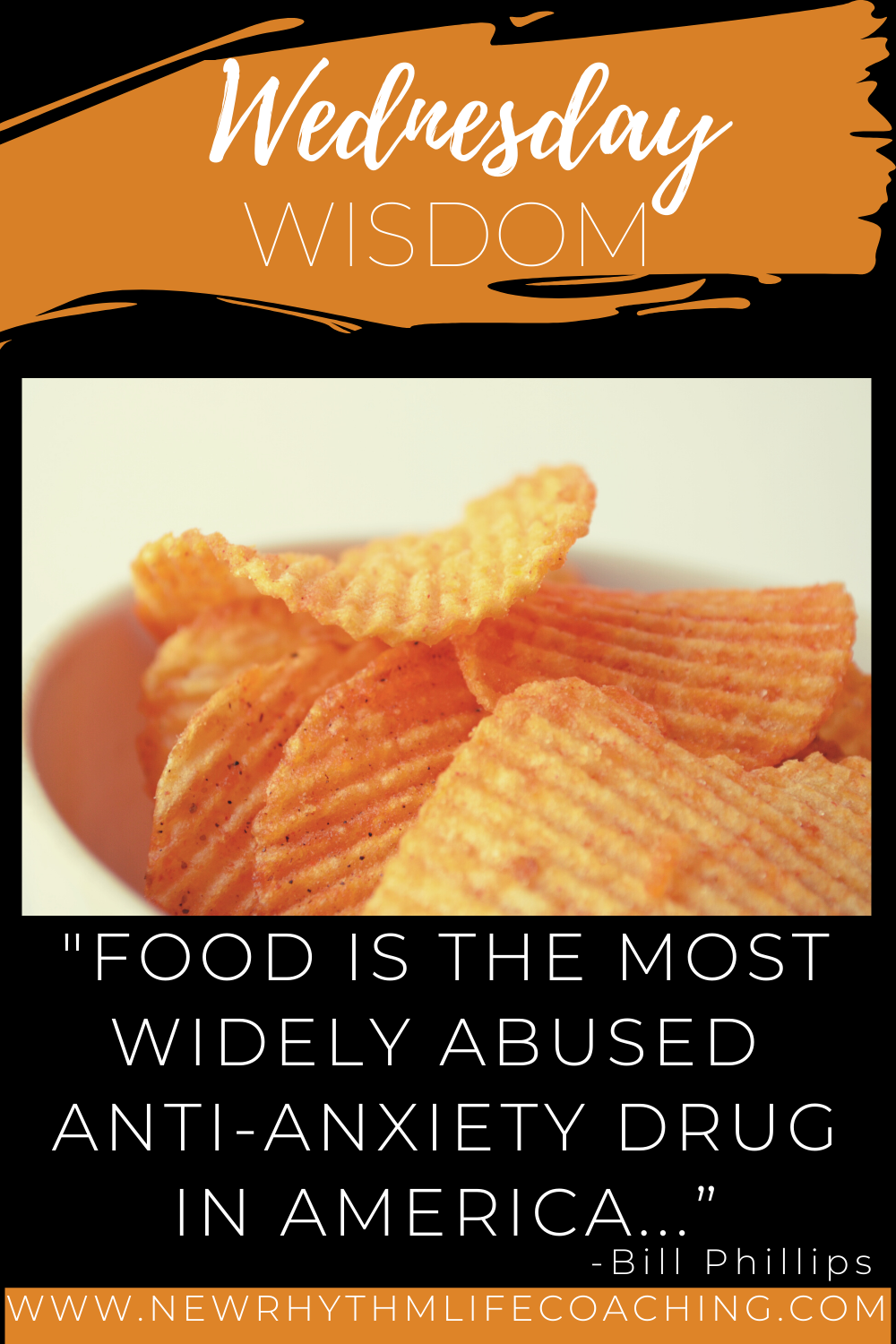Free Yourself From Anxiety Without Numbing With Food
Uncertainty creates anxiety.
Uncertainty lives in our future.
Tomorrow is a mystery, and often times this creates anxiety because we cannot control the future.
As humans, we have the unique ability to think about our future.
This serves us when we deliberately define a goal, and decide on actions we’d like to take to accomplish those goals.
More often than not, however, we have not defined what we’d like to achieve to then set in motion action steps to get ourselves there.
Additionally, we have habits that keep us showing up and responding to life every day the same way.
Anxiety can become a habit.
Our brain loves shortcuts because they help the brain to be more efficient.
Habits allow the brain to be more streamlined.
There are triggers or circumstances that we have a thought about that set off our anxiety habits such as:
A future event
Something you haven’t completed
Something you did in the past
Being at a certain place/location
Hearing certain things (ex. your phone ring, someone’s name, a song)
Seeing certain things (ex. person, location, animal)
Feeling certain sensations in your body caused by an initial reaction (primary emotion) to something (ex. anger, jealousy, hurt, disappointment, embarrassment, and sadness)
The trigger and thought create the feeling of anxiety, and because we don’t enjoy the vibration anxiety creates in our body, we eat food to numb or dull the negative emotion.
This cycle becomes the anxiety habit cycle.
I’ll take my cycle example from my article, “How to Become the Person Who Creates Lasting Weight Management:”
Thought (“I’m unsuccessful with permanently losing weight.”) → Feeling (Anxiety) → Action (Habit – Overeat) → Result (Experience a dopamine hit temporarily relieving the discomfort from the negative emotion, gain weight, and prove belief true) → Cycle Repeats →
Many, when they feel anxious, turn to food not because of the pleasure of the food, but instead as a way to self-medicate.
They want to numb unwanted feelings.
Dr. Vera Tarman summarizes an emotional eater’s problem in her book, Food Junkies, “It’s not about what you are eating but, rather, what is eating you.”
Most will turn to junk food because of the comfort junk food brings.
Junk food is also widely available, and it is mostly inexpensive.
Comfort foods are typically high in carbohydrates, or carbohydrates and fat.
These foods are refined and highly processed, and so they cause an unnatural release of dopamine in the brain.
This not only generates a sense of comfort, but when we eat foods that unnaturally release dopamine, we get much more “reward” or desire than we need from the food.
The more rewarding our brain thinks a behavior is, the stronger the habit around it will be.
It’s a cycle of chasing pleasure or removing something bad.
A really excited brain will override our concerns about overeating.
How do we break this cycle—how do we change a habit?
1. We need to gain awareness.
From the list above, can you identify the trigger/circumstance that set off your anxiety habit?
What thoughts are you having about that trigger/circumstance?
From a place of curiosity, take notice of the trigger and thought, and write it down.
2. We need to allow and process the anxiety instead of reacting to it by overeating.
The easiest way to do this is to describe the emotion in detail. These are a few example questions to ask yourself as you’re experiencing the anxiety:
What am I feeling?
Where is it in my body?
What color is it?
Does it have a texture?
Let the emotion vibrate through your body, and breathe it in—don’t try to get rid of it; open yourself up to it.
You will notice after a short bit, the feeling will dissipate.
3. Build new habits by starting small.
Small changes are believable and achievable.
When you teach your brain that you can handle feeling anxiety or any other emotion, you are free from the fear of experiencing negative emotions, and anything you want to do in life becomes possible for you.

